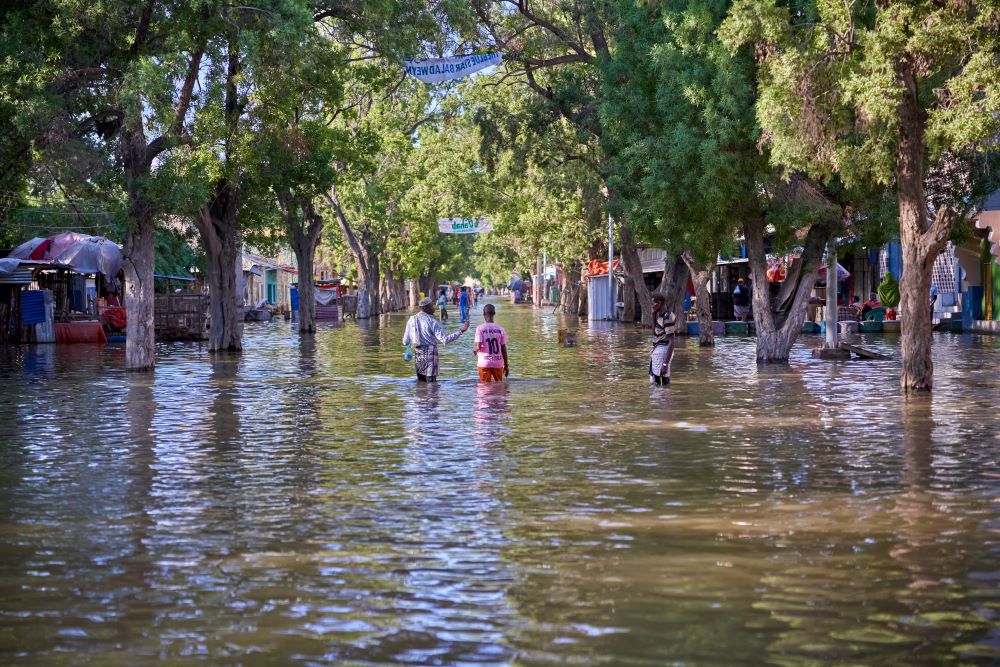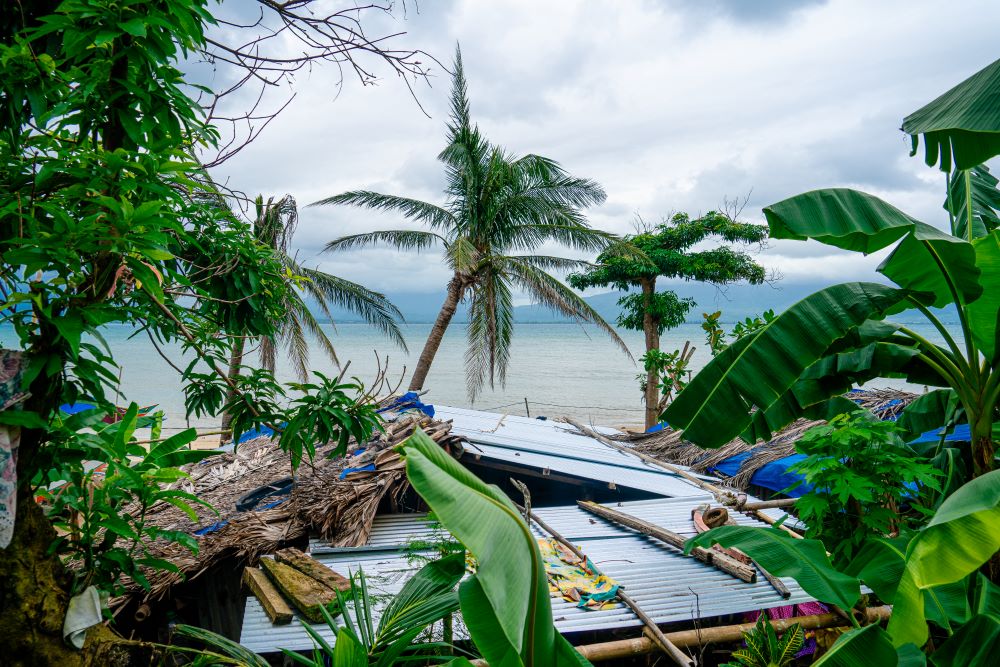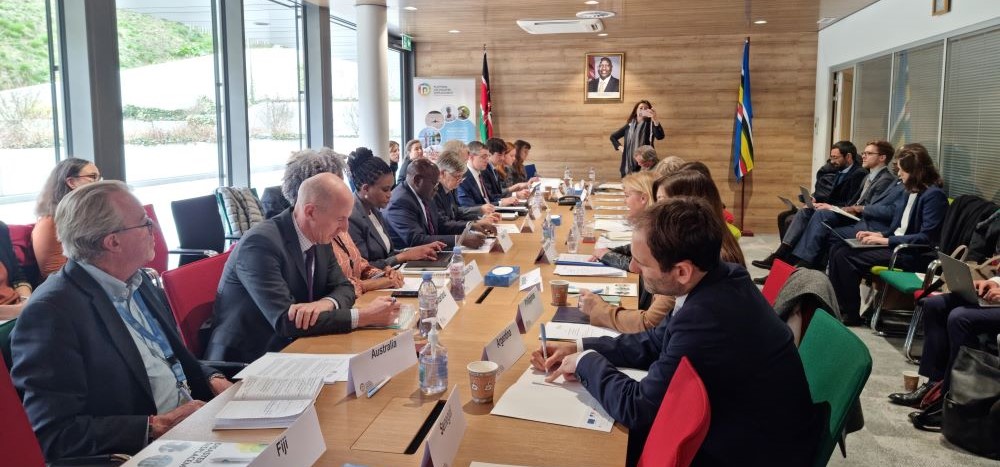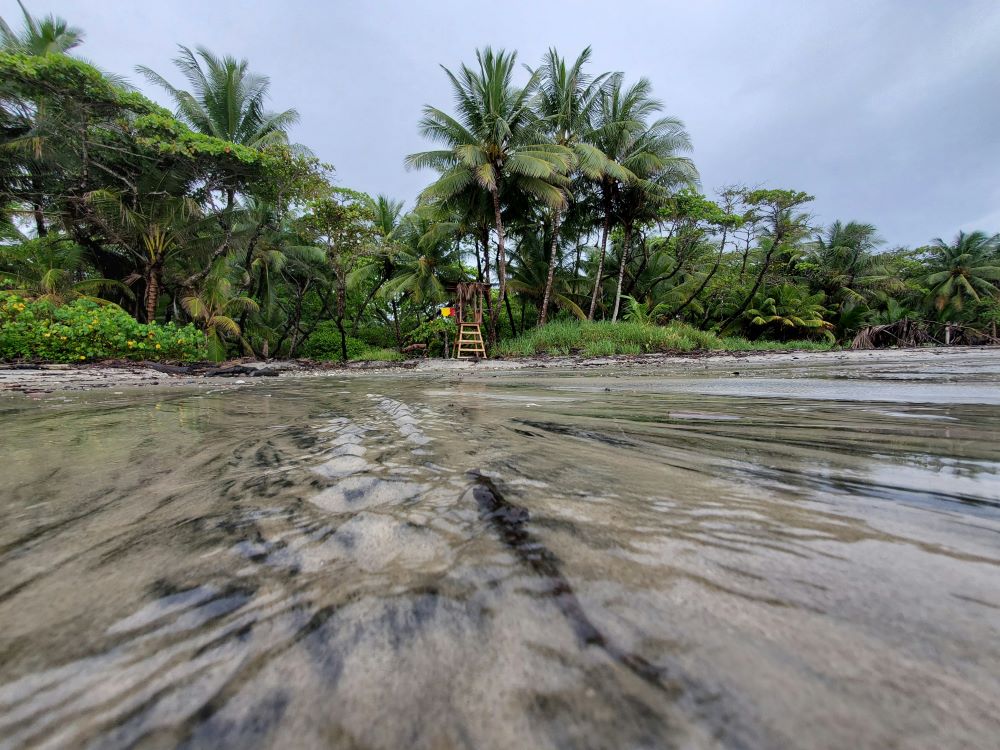In March 2024, the United Nations Special Rapporteur on the human rights of internally displaced…

Online Conversations with the Special Rapporteur on the human rights of internally displaced persons
The Secretariat of the Platform on Disaster Displacement (PDD) and the UN Special Rapporteur (SR) on the human rights of internally displaced persons (IDPs) are co-organizing three online conversations on planned relocation in the context of the adverse effects of climate change.
These conversations aim to support the call for input by the Special Rapporteur for her thematic report on climate change and internal displacement to the 56th session of the Human Rights Council. The report will focus on planned relocations of people in the context of the adverse effects of climate change and disasters.
The conversations will take place on Zoom as follows:
Americas region: Thursday, 14 March 2024 (18:00 in Geneva, 12:00 in Bogota, 11:00 in San Jose) – Please note: no interpretation, only in Spanish.
Pacific region: Friday, 15 March 2024 (08:00 in Suva, 21:00 on Thursday, 14 March in Geneva) – Please note: no interpretation, only in English. This session is co-organized with the Technical Working Group (TWG) on Human Mobility.
Africa and Europe regions: Friday, 15 March 2024 (13:00 in Geneva, 15:00 in Nairobi) – Please note: no interpretation, only in English
Asia region: Tuesday, 19 March 2024 (15:00 in Jakarta and Bangkok, 14:00 in Dhaka, 09:00 in Geneva) – Please note: no interpretation, only in English. This session is co-organized with the Asia Pacific Academic Network on Disaster Displacement (APANDD).
If you would like to participate in the online conversations, please register using the links in the right margin of this page.
Background information
Projections show that displacement in the context of slow and sudden onset disasters will increase in the coming years as climate change intensifies. Climate and weather extremes are already driving displacement around the globe, generating and perpetuating vulnerability. Well planned relocations are one climate adaptation measure that can help secure durable solutions if human rights are protected, communities are at the center at all stages of the process, and funding is sufficient.
The UN Special Rapporteur on the human rights of internally displaced persons will submit her next report to the UN Human Rights Council in June 2024 on planned relocations of people in the context of disasters and the adverse effects of climate change. For the purposes of this report, planned relocations are understood as a process in which groups of persons move or are assisted to move away from their homes or places of temporary residence, are settled in a new and safer location, and are provided with the conditions for rebuilding their lives within their national borders.
Objectives
This series of conversations seeks to initiate a dialogue on planned relocations in the context of disasters and the adverse effects of climate change between the UN Special Rapporteur on the human rights of IDPs and relevant national and regional stakeholders with the following aims:
- To exchange relevant insights from national and local experiences on ongoing challenges, lessons learned, and effective practices; and,
- To inform the report of the UN Special Rapporteur on the human rights of IDPs to the 56th session of the UN Human Rights Council in June 2024.
Key questions for discussion
- What are some concrete examples of ongoing or already implemented planned relocation processes in the context of disasters and climate change in your country or your geographical area are of
interest? What were the critical challenges and human rights impacts of these planned relocation processes? - What are some practices and examples of collaboration with relocated communities to identify and address the impacts of planned relocation on livelihoods, housing, education, access to public services, physical and mental health as well as the communal impacts of loss of land, social cohesion, local knowledge and culture?
- How can we ensure that planned relocations are people-centered, anchored in human rights-based approaches and preserve cultural identity? What actions can be taken at the local, national, regional, and international levels, as well as by different groups of stakeholders: governments, communities to be relocated, potential host communities, development agencies, financing institutions etc.?
Header photo: IOM




